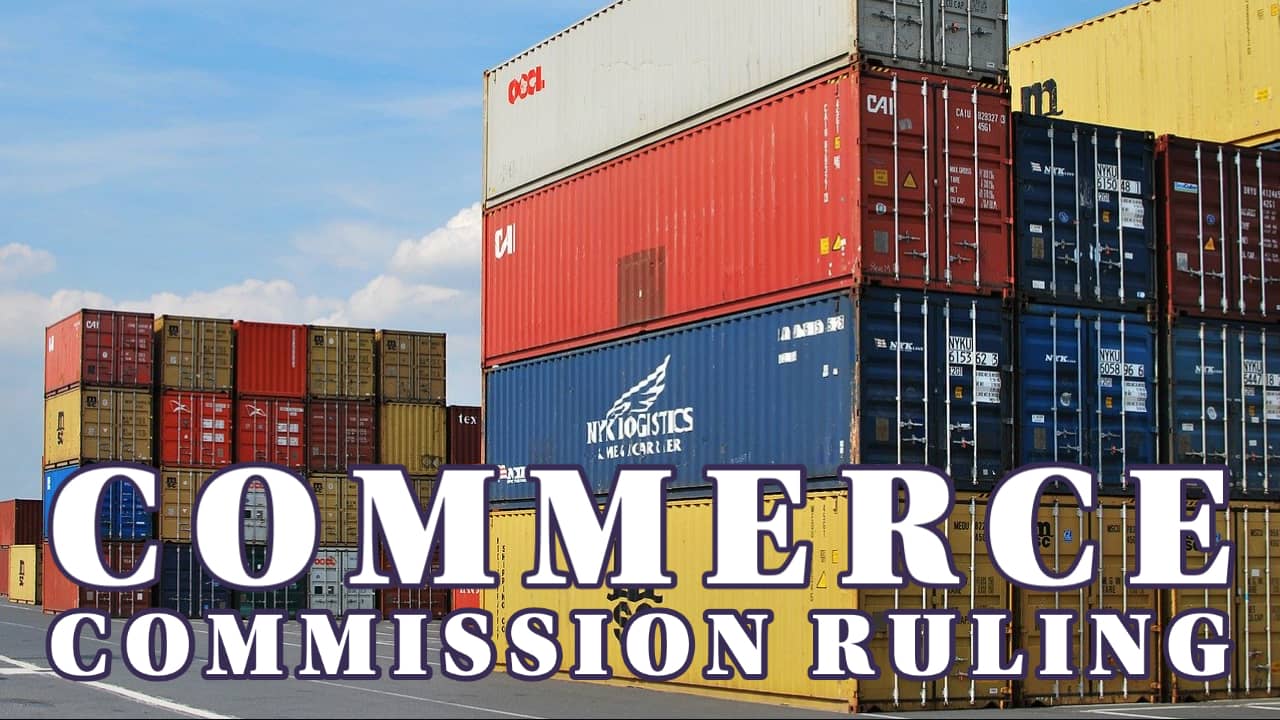
Are You Paying Too Much For Import Freight Services?
3-minute read
False import charges have become an endemic issue in the local freight forwarding industry with only a limited number of operators excluded from the practice, according to a stakeholder who approached the Shipping Gazette™ following last week’s article on the issue.
“There would be very few in the industry who don’t know about these charges or, at the least, have been a victim of the charges — whether inflated port security charges (PSCs) or additional named charges that don’t necessarily exist such as ‘ATF compliance fees’ or “biosecurity fees’,” he said.
The stakeholder — who asked not to be identified — expressed a degree of sympathy for operators such as Access Freight Forward Co (the subject of previous blog’s article).
While describing the fees as “dubious and in my opinion morally bankrupt”, he said local freight forwarders were often commanded to apply such import charges by their overseas principals.
“If they didn’t, the fact of the matter is the cargo would be taken off them and sent with someone who would comply.”
The stakeholder, who has undertaken several years of investigation into the matter, said: “the industry as a whole needs to take some accountability”.
“It is the responsibility of the industry under self-regulation, firstly to conduct a moral business practice but also to be professional and pro-active in their field of expertise of moving cargo, offering advice on sale and purchase agreements, setting up rates and doing things properly rather than looking for just another corner to cut, or buying business based on a rate rather than a service.”
A good freight forwarder will observe all relevant laws of New Zealand and international agreements, conventions and legislation as they relate to the carriage of goods and the provision of services.
They also have a zero tolerance policy in respect of anti-competitive behavior and do not, and will not, discuss pricing.
Freight forwarders should at all times be aware of, and abide by, the terms, conditions, and provisions of Incoterms .
We welcome the Importers Institute raising awareness among importers around the free on board (FOB) terms and obtaining written quotations, as well as potential issues regarding cost and freight (CFR) shipment.
It should, however, be noted that many companies do sell legitimately and fairly under the internationally recognized term, CFR.
While investigations into breaches could be challenging, the Commerce Commission needed to make clear that it would investigate any further allegations of rogue activity.
Freight forwarders and importers also need to be aware that if they are not abiding by the conditions of Incoterms, not only could they face action from the Commerce Commission, they could also face private legal action or being brought before the Disputes Tribunal of New Zealand.
A spokesperson for the Commerce Commission said a recent related investigation into four local freight forwarders had concluded it was “difficult to establish what exactly was agreed upon” in the absence of any sales contract or written agreement.
However, the spokesperson said the Commerce Commission was prepared to review any new complaints.
Source: NZ Shipping Gazette
We’d love to answer any of your questions! Contact us now
P.S. Do you know of other people that will find this article useful? Please share it on social media. Thank you!
